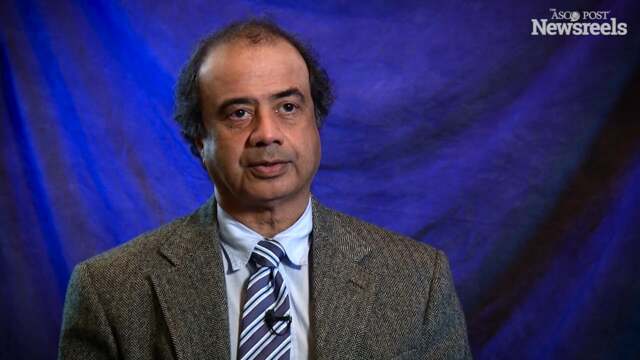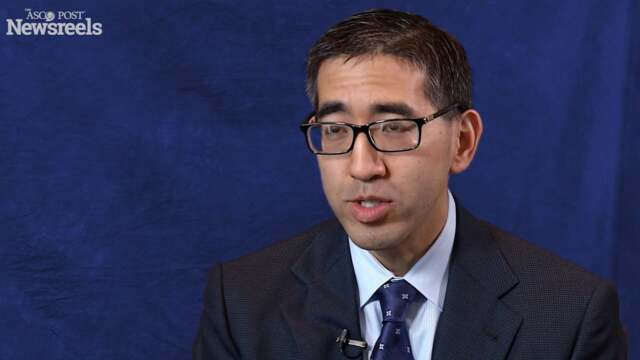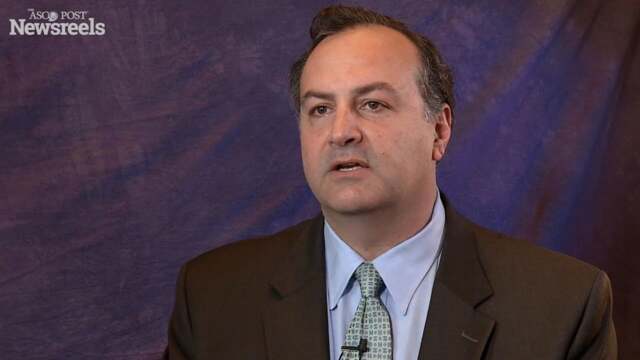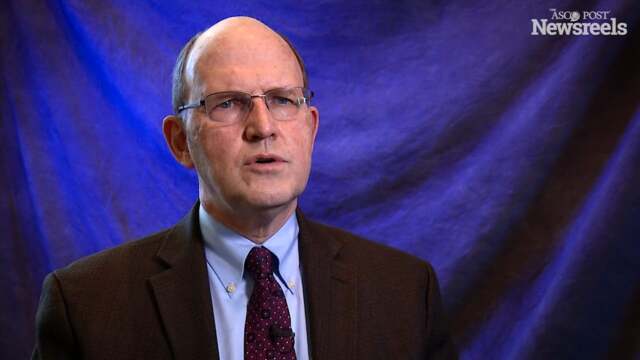Louis Burt Nabors, MD, on Primary and Recurrent Gliomas: Notable Developments in Management
2016 NCCN Annual Conference (1)
Louis Burt Nabors, MD, of the University of Alabama at Birmingham Comprehensive Cancer Center, discusses improvements in the 2016 NCCN Guidelines for glioma, anaplastic oligodendroglioma, and glioblastoma.
Jaffer Ajani, MD, of The University of Texas MD Anderson Cancer Center, discusses the importance of HER2/neu testing and other aspects of treating patients with advanced gastroesophageal adenocarcinoma.
Daniel T. Chang, MD, of the Stanford Cancer Institute, discusses the role of radiation therapy in the treatment of hepatocellular carcinoma.
Nadeem Abu-Rustum, MD, of Memorial Sloan Kettering Cancer Center, discusses improvements in fertility-sparing surgery for young women, advances in lymph node assessment, and the evolving role of chemotherapy and radiation.
Douglas E. Wood, MD, of the University of Washington, discusses best practices, which enable a complete workup in 1 to 2 weeks in almost all patients, saving unnecessary testing.
Christopher Willett, MD, of Duke Cancer Center, discusses short and long courses of treatment, neoadjuvant chemotherapy with or without radiation, and organ preservation without surgery.





